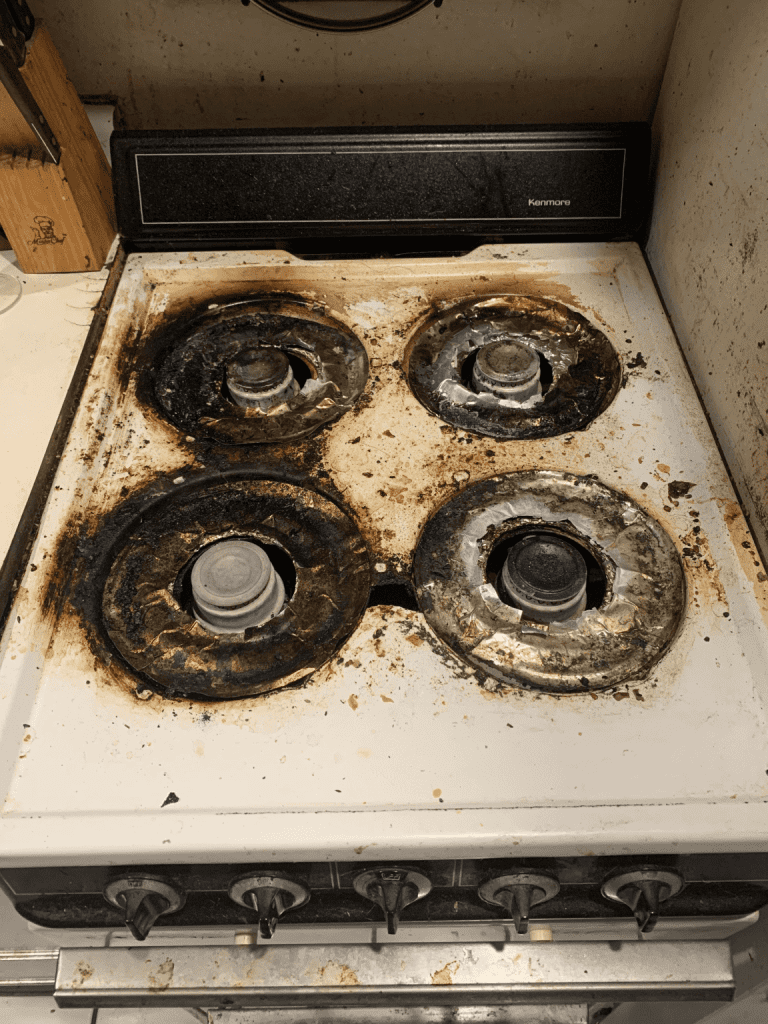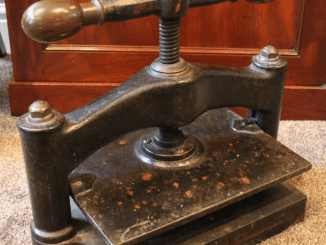Many of us form attachments to household items that have served us well over the years, especially in the kitchen. My aunt, for instance, clings to her 20-year-old stove, convinced that it’s still in perfect working order. While I understand the sentimental value, I can’t help but worry about the safety risks. This raises an important question: How long do stoves actually last, and when is it time to replace them?

The Average Lifespan of a Stove
The general lifespan of a stove typically falls between 13 to 15 years. This range can vary based on the stove’s brand, model, and how well it’s maintained. Gas and electric stoves have different components and may wear out at different rates, but both types usually fall within this average lifespan. However, like any appliance, stoves don’t come with an expiration date. Some may run smoothly for 20 years or more, while others may show signs of wear much earlier.
Regular cleaning and light use can extend a stove’s life, but frequent or heavy use might shorten it. For those who rarely cook, a stove could last beyond 20 years, but for a busy kitchen, replacement might be necessary sooner.
Key Signs Your Stove Needs Replacing
How do you know when it’s time to say goodbye to an old stove? There are several telltale signs:
- Inconsistent Heating: If your stove struggles to heat evenly or reaches temperature inconsistently, it may be on its last legs.
- Frequent Repairs: If you find yourself constantly calling a repair technician, it may be more cost-effective to replace the stove.
- Difficulty Igniting Burners: Gas stoves with igniter issues or electric stoves with burners that fail to turn on are signals that the appliance may need replacement.
- Visible Wear and Tear: Rust, broken knobs, and other visible damages can be more than aesthetic concerns; they can indicate internal deterioration.
- Higher Utility Bills: Older stoves are typically less energy-efficient, meaning they use more gas or electricity. This increase in energy use might show up in your utility bills.
Each of these issues individually might not be enough to justify a replacement, but if you’re experiencing multiple problems, it’s probably time to consider a new stove.
Understanding the Safety Concerns with Older Stoves
Safety should be a top priority when evaluating any older appliance, especially one that operates at high temperatures or with gas. Over time, components in both electric and gas stoves can wear out, creating risks for electrical malfunctions or gas leaks. Here are some common safety concerns associated with older stoves:
- Gas Leaks: For gas stoves, aging seals, connections, and valves increase the risk of leaks, which can lead to dangerous buildup and even explosions.
- Electrical Hazards: Electric stoves may have frayed wires or other worn-out components that pose a risk of electrical shocks or short circuits.
- Fire Hazards: A stove that heats unevenly or has exposed wiring could become a fire hazard, particularly if it’s in close proximity to other flammable items.
Ensuring regular maintenance and professional inspections can help catch these problems early, but when a stove is reaching the end of its functional life, replacement is often the safer choice.
Maintaining Your Stove to Maximize Its Lifespan
If you’re hoping to get as many years as possible from your stove, regular maintenance is key. A few basic maintenance tips include:
- Clean Regularly: Residue buildup on burners and in the oven can lead to uneven heating and potential fires.
- Check for Gas Leaks: If you have a gas stove, it’s essential to periodically check for gas leaks and have any issues resolved immediately.
- Secure Electrical Connections: Loose or frayed connections can be hazardous, so check and secure them as needed.

Scheduling periodic professional inspections can also help identify underlying issues before they turn serious. Taking these steps can help your stove run smoothly and safely, but even with the best care, every stove has a limit.
Why Modern Stoves Are Worth the Investment
Stove technology has come a long way over the past two decades. Today’s models come with a variety of features designed to improve both safety and cooking quality. Here are some advantages that modern stoves offer:
- Energy Efficiency: Newer stoves are designed to use less energy, which can save on utility bills and reduce your environmental footprint.
- Induction Cooking: Induction stoves are becoming more popular due to their fast heating and precise temperature control.
- Safety Features: Many new stoves come equipped with automatic shut-off features and other built-in safety mechanisms to prevent accidents.
- Smart Technology: Some stoves can be synced with your phone, allowing you to monitor and control your stove remotely.
While these features might seem like luxuries, they offer significant improvements in safety and efficiency. Plus, a new stove can make cooking more enjoyable and consistent.

How to Persuade a Loved One to Upgrade Their Stove
If your loved one is attached to an old stove, convincing them to upgrade can be a challenge. Here are a few strategies to consider:
- Emphasize Safety: Gently explain the potential safety hazards associated with an older stove, including risks of fire and gas leaks.
- Highlight Cost Savings: Point out how a new, energy-efficient stove could lower monthly utility bills.
- Offer Assistance: Offer to help research stove options or contribute financially if feasible.
- Focus on the Benefits: Talk about the added convenience and reliability that a new stove can bring to daily cooking tasks.
Sometimes, a little help and encouragement are all it takes to get them on board with the idea of an upgrade.
Conclusion: Balancing Sentimental Value with Safety and Efficiency
While it’s natural to hold onto items that carry memories, practicality and safety should ultimately guide decisions on kitchen appliances. Understanding the lifespan of a stove, recognizing signs of wear, and considering the safety implications of an aging appliance can help you make the right call. By balancing sentiment with practicality, you can ensure a safe, efficient kitchen without completely letting go of the past. After all, it’s the memories you make with loved ones that truly count, not the appliances themselves.


